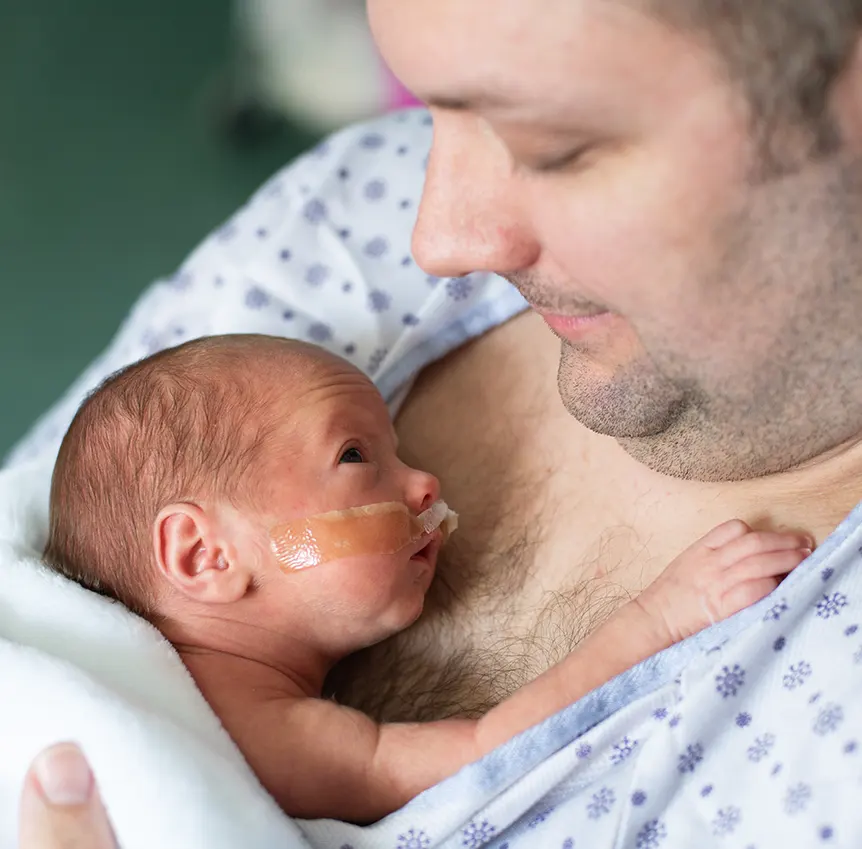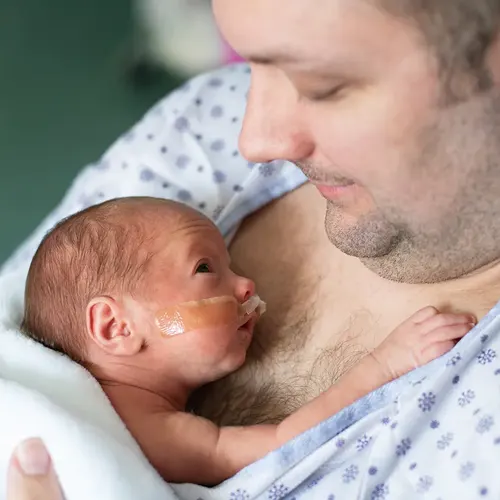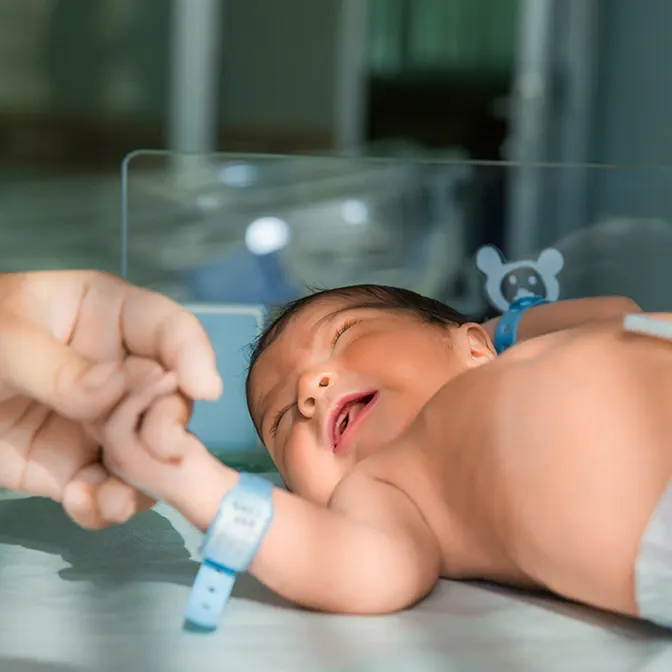

Which babies need special care?
- Premature babies (born before 37 weeks)
- Babies with low birth weight (less than 5.5 pounds or 2.5 kg)
- Babies born with a special condition that requires special care
- Twins, triplets and other multiples, as they tend to be born earlier and lighter than other babies
- Babies with health conditions such as breathing difficulties, heart problems, infections, or birth defects








